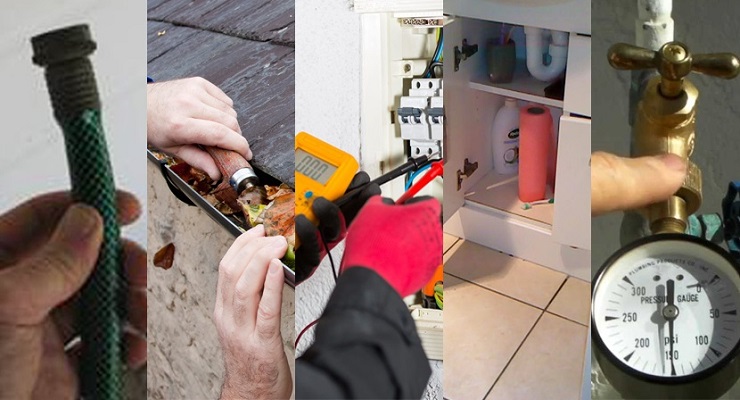Board members of AbilityFirst, the nearly 90 year old Pasadena-based charity, held a reception for community leaders to update them on their services, leadership and future plans, at a recent Friends Reception hosted by Board Member and Vice Chair John Kelly and his wife Jennifer at their home in San Marino.
Other AbilityFirst leaders in attendance included Board Chair Steve Brockmeyer, and Board Members Mark Fedde, Richard Frank, Carol Llewellyn, Patricia Vick, and Honorary Chair Jane Kaczmarek. Also attending were Jennifer Fedde, Richard Kim, Phaedra and Mark Ledbetter, Leslie and Rob Levy, John Llewellyn, Charlie McPherson, Maggie and Ralph Navarro, Lynda Patton, Peggy and Paige Parrish, Alison and Harlan Thompson, and Heba and Greg Wood.
“More than ever we are reaching out and providing services to the communities in Greater Los Angeles,” said AbilityFirst CEO Lori Gangemi. “Looking ahead, our challenges are also greater than ever. That is why we are updating our community leaders on our programs.”
AbilityFirst’s goals are to eliminate financial barriers from individuals participating in their programs and services regardless of their family’s ability to pay or receive government support, and to build a funding model that will sustain their programs into the future.
Highlights of the evening included the heartfelt remarks and testimonials about AbilityFirst from participant families in the San Gabriel Valley. Paige Parrish, a parent of the organization’s work program participant, has stated, “Our family needed a place where Alex could be with her peers and a place that would allow us to give time to our other children. We were impressed by their overall mission and more impressed once we toured the center. AbilityFirst is like an extended family.”
About AbilityFirst
Established in 1926 AbilityFirst, formerly Crippled Children’s Society of Southern California, provides programs and services to help children and adults with disabilities reach their full potential. Through 25 locations across Southern California, they offer a broad range of employment, recreational and socialization programs as well as accessible residential housing complexes and an accessible camp, Camp Paivika, for both children and adults.











